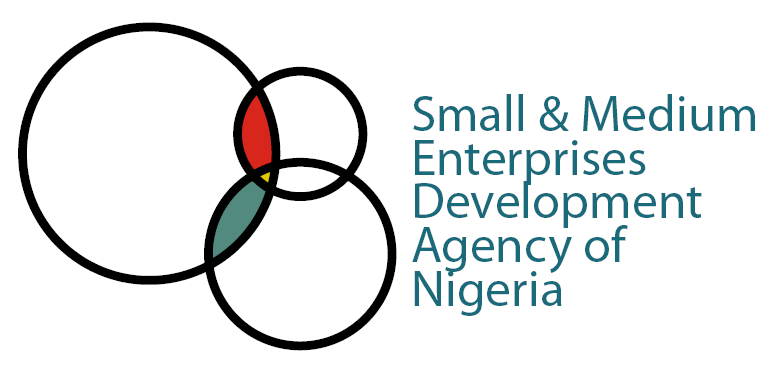United Bank for Africa Group (UBA) has released its unaudited first quarter results, showing significant growth across major income lines with a profit before tax of 26.6 billion, representing a growth of 4.3 percent over the N25.5 billion recorded in the corresponding period of 2017.
The results released Tuesday, April 24, 2018, indicate an impressive 18 percent year-on-year growth in gross earnings in the reporting period.
Leveraging strong growth in both interest and non-interest income, UBA grew top-line to N119.4 billion in the first three months of the year, just as profit after tax stands at N23.7 billion, representing a 6.2 percent year-on-year growth when compared to N22.4 billion achieved in the corresponding period of 2017.
The group also recorded 18% return on average equity (RoAE).
Kennedy Uzoka, the group managing director/CEO of the United Bank for Africa (UBA), expressed satisfaction with the Bank’s impressive performance in the first quarter of 2018, despite intensifying competition and moderation in yield environment in Nigeria and Ghana.
“This set of the first quarter result is a good start to the year and a reflection of our capacity to sustainably grow earnings over the medium to long-term. We recorded 18 percent growth in gross earnings, as both interest and non-interest income grew 18 percent and 19 percent respectively.
“Notwithstanding the moderation in sovereign yield in Nigeria and Ghana, we achieved a 60bps improvement in net interest margin (NIM) to 7.6 percent, as we extract efficiency gains from balance sheet management,” Uzoka said.
He added: “I am particularly pleased with the 8 percent year-to-date growth in our retail deposit, as it reflected the benefit of improved customer service and continued customer acquisition. We are committed to exceeding our 2018 deposit growth target in the year, with a strategic focus on retail, low-cost savings and current accounts, which is critical to sustaining our NIM uptrend.”
He said the bank is committed to responsible lending, as it seeks to maintain its asset quality.
“We achieved a 40bps year-on-year savings in cost of risk, a reflection of the quality of our loan portfolio.”
He expressed confidence on the steady recovery of the Nigerian economy and improving fundamentals of most African countries, where the bank operates.
Uzoka emphasized the increasing relevance of its African operations to its bottom line, adding that, “reflecting our market share gain, we have grown the balance sheet by 6% in the first three months of the year, as we increasingly become systemically important across the 19 other African countries, where we operate. Barring unforeseen circumstances, we look forward to sustaining this strong performance through the year, with the primary objective of delivering superior return to our shareholders.”
Also speaking on the bank’s financial performance and position, Ugo Nwaghodoh, the group CFO, said management is committed to delivering on the group’s financial goals for the year.
“We are diligently executing our priorities for the year, as we focus on profitable growth. We are making strong progress in Nigeria, where our continuous market share gain is translating into higher profit. We grew non-funded income by 20%, driven by annuity-type offerings in digital banking. Precisely, the electronic banking income grew 33% year-on-year and we recorded an impressive 40% growth in trade service income, as customers become loyal ambassadors of our enhanced service channels and customer service,” he said.
He said he was pleased that the bank’s drive towards optimal scale across its subsidiary operations is progressing well and that more importantly is the contribution of the foreign operations to the Group’s profit, which he said was impressively reflective of geographic diversification.
“We remain resolute on our determination to leverage growing scale across our foreign operations to extract further cost efficiency, with the objective of moderating our cost to income ratio. More so, our profitability in the first quarter of the year reinforces the Group’s capacity to deliver on target, as our profit for the period translates to 18% return on average equity” Nwaghodoh said

